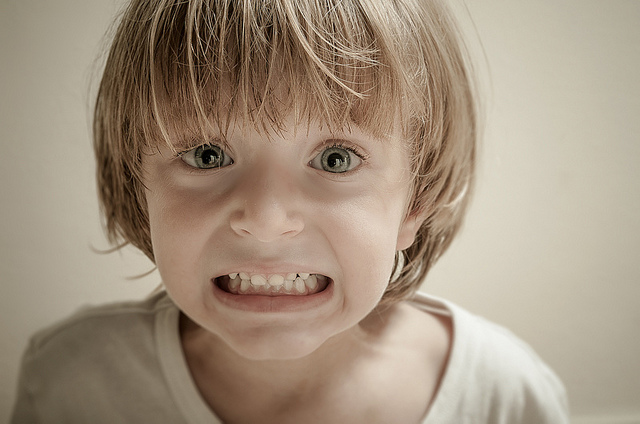Learning that something is wrong with your child can be a frightening experience. Frightening and embarrassing. In fact, the reason that many fail to have their children’s behaviour diagnosed is that they fear the results may reflect poorly on them as parents.
Getting over this selfish fear of diagnosis is an important initial step if children are to receive the full benefit of treatment, because the earlier help arrives the better the prognosis. The main hope for children at risk of serious mental illness lies in early detection.
Here are a couple of common symptoms in young children:
ADHD (Attention Deficit/Hyper Activity Disorder) – The child can’t pay attention to details, is often caught daydreaming, dislikes or is reluctant to engage in activities that require sustained attention, is easily distracted, forgetful, disorganized, often does not finish school work (work may be full of mistakes or turned in late), doesn’t follow through or listen to instructions, displays extreme physical agitation, intrudes on others or resorts to inappropriate behaviour when reprimanded.
Oppositional Defiant Disorder – The child is negative, hostile, does not comply with requests made by adults, is persistently arguing with adults, obstinate, feels entitled to make unreasonable demands, is touchy, resentful, blames others when caught doing something wrong, displays cruelty towards animals, bullying, is aggressive, destructive, deceitful, and/or lacks remorse for antisocial behaviour.








